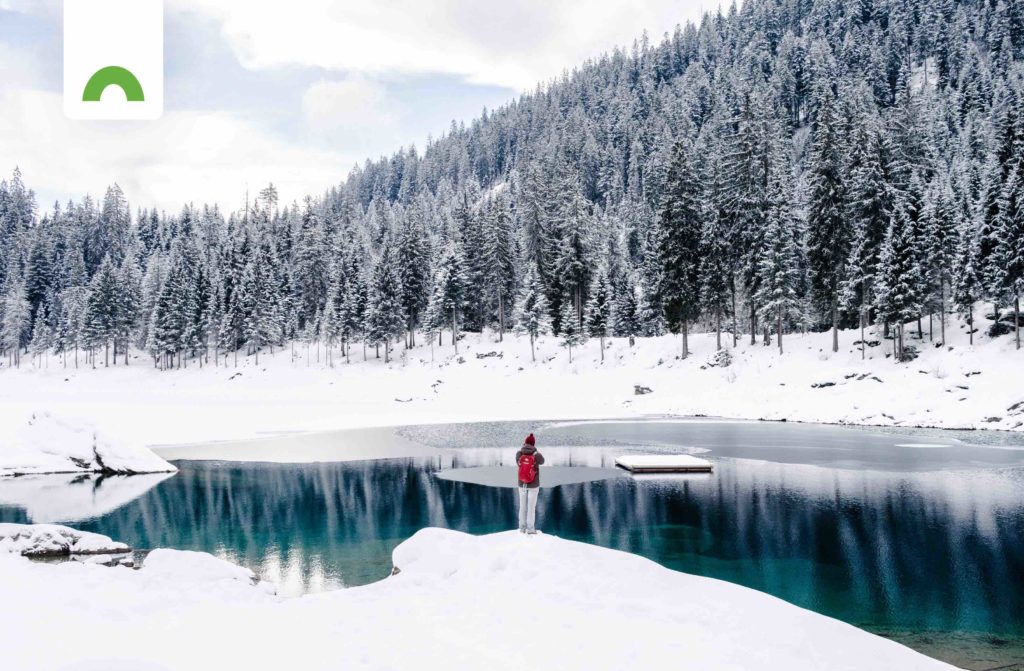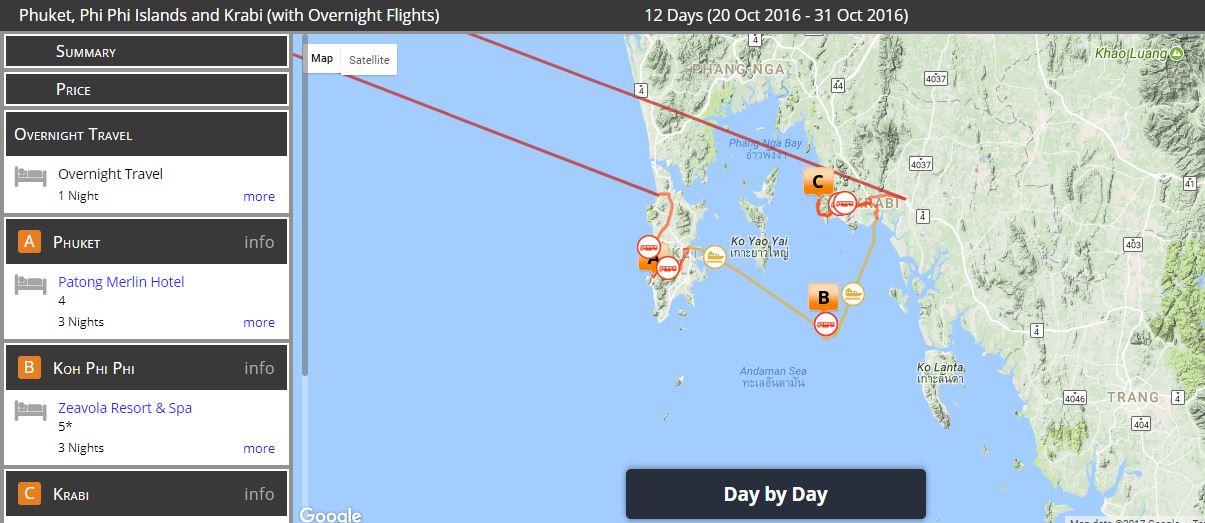Have you considered how easy you make it for travellers… to research and enquire about your destinations and experiences, to book with you, access your information and attention before, during and after travel when necessary? How about your response time? It would be easier for travellers if your brand were memorable, represented by content that tells compelling stories with the traveller as hero. In short: just how customer-centric your approach is, will determine the traveller’s readiness to give you their business, firstly and repeatedly.
What they think they know
Travellers are being coaxed and cajoled from all angles to go here or not to go there by news, TV shows, movies, celebrities on holiday or sponsored trips, by friends and relatives, sports events; and increasingly by what’s trending on Social Media (SM).
A natural disaster here, political unrest there, and ignorance in general, all these influences can be especially damaging to perception when the information comes through exaggerated or lopsided.
In 2007, while living in South America, expat and latino friends tried talking me out of going to the Rio de Janeiro Carnival, warning me that Brazil was dangerous! People say the same about my country, but I know South Africa is an amazing destination to travel to and if we all thought like that we’d never go anywhere.
In the end a Brazilian acquaintance who’d been hijacked, abducted and held for ransom in his home town, insisted his country was still safe to visit and told me what precautions to take. I had the experience of a lifetime and went home happy I’d listened to him instead. I even met Quincy Jones at the Christ the Redeemer statue, although nobody back home believed it..
Often what people think they’ll find when they go somewhere is more guess work than fact. Misinformation is the shortcut to disappointment. The right information about destinations, cultures and prospective experiences, makes it easier for travellers. Your expertise, prior knowledge and contacts on the ground are what shape their travel discovery experience. Support their choices with solid and relevant information. In a sea of voices and opinions, your destination knowledge is a beacon, and that’s where your travel content should shine through.
How travellers research
A select number of silver-haired travellers still enjoy a stroll down to their trusted local travel agent who spoonfeeds them and lays it all bare, but the vast and growing majority of prospective travellers are actively researching travel online, switching in between mobile device and laptop. Some don’t even realise they’re doing it.
The dream stage is precisely that: toying with an idea, enjoying a bit of fantasy, click-click online and boom! That looks like a nice trip! Why don’t we..?
But then they want to see what else is out there that’s similar, maybe with more value or more suitable to budget, and they start comparing.
At this stage, it’s worth considering what makes one experience stand out among others in the same destination.
Quick answer: Content.
The travel content that inspires most constitutes imagery in the right vivid colours to match the featured experience, details on activities and other in-destination attractions, sites, events; and viewers can engage with the content parts that interest them.
Because there’s a lot of content out there and the human eye will first be drawn to shiny, shimmering, sparkly, moving images. Once they’ve been hooked within those first few critical seconds, they’ll want screens to interact with and buttons to click if their interest is to be retained, to bring them through the sales funnel.
How travellers plan and book
So they’ve interacted with some travel content online, their curiosity sufficiently piqued, and they’re ready to take it further. The ones not heading off to a travel professional for a face-to-face consultation will continue to browse on laptops, tablets or smartphones. What’s they’re looking for now are clues as to what action to take next. They need the shortest, easiest path from viewing content online to making contact with a travel professional.
They want to call, definitely, email, probably (and they’ll be praying they don’t get spammed in return at some point), but with Messenger on Facebook and WhatsApp on mobile devices so prevalent now, a messaging service should be an option. Book Now or Enquire Now buttons on a website or on an itinerary invite a lot more interaction than no buttons at all. As consumers, we already purchase so much online – travel should be similarly available.
Having different options to engage with the knowledgable person whose expertise piqued their curiosity go a long way to removing friction from the traveller’s buying journey. It smoothes the path to converting that lead while your competitor makes the same traveller jump through too many manual hoops for convenience. They’re looking for a brand that’s easy to reach, whose travel content is easy to access, consistent and trustworthy, the one that simplifies the process.
The kind of service travellers hate
Whether your traveller is seasoned or novice, neither likes to be patronised. Either way, they’ll have certain expectations as modern consumers of the kind of service they’re entitled to. There may even be a fair dose of cynicism to contend with as people are weary of being sold goods that don’t deliver on promise.
The worst service peeves, however, are being made to wait and being treated like a number. The closer they are to Millennial age, the greater their need for instant gratification.
But they don’t need to be Millennials to dislike waiting long for a proposal or a response to their enquiry, especially when there are so many other brands competing for their attention and business.
They won’t appreciate being treated like a mass tourist any longer, not when people feel moved to try new adventures, tailored to them and more unique than their friends’.
Both groups want customer service to be easy, but boomers value patience over speed while millennials, having grown up with information at their fingertips, don’t want to wait.
Skift
They hate feeling set adrift once payment is done, as if the business is now concluded – they expect to have their hand held throughout their trip, proverbially speaking. Basically they want to be able to justify what they’re spending on your assistance to do what they could theoretically do for themselves (if they had the time); because they’re willing to spend a bit more for service that adds value to their experience.
Brand transparency makes it easier for travellers to trust whom they’re dealing with. Content helps with that too and so does a sincere display of altruism – when their needs are put first, they’re well taken care of and not everything is done to earn a buck. It literally pays for them to see the personalities behind a brand, whether introduced on digital platforms or in a company video. It shows the brand cares enough about how they’re perceived by travellers to share the story of their brand, the humans behind it, and how they intend to make life easier for clients.
The kind of service travellers love
The traveller wants to be star of the show. They want to feel valued for their enquiry, they want attention and goodwill, and they want their travel dreams to be respected. The cost of a holiday is important of course, but good vs average or bad service will often be judged by the inclusion of what may previously have been considered ‘extras’. Things like logistics, the kind of transfers to be taken, additional services like Meet & Greets, access to practical information, recommendations on local events and festivals taking place over specific travel dates, disabled access, and many more of those ‘little’ things.
Travellers love service of convenience, when their needs are either anticipated or quickly addressed. In travel that translates in some part to personalised service – that magic formula derived from getting to know the client well by engaging with them and learning from the way they interact with content. Showing personal interest is one thing; tailoring a holiday experience to the traveller’s needs confirms that they are star of the show. During travel too. When things go wrong, they want to know they can count on their travel professional to be accessible and to support them through a crisis.
The travel agent of the future is focused on end-to-end customer experience, utilizing technology to forge better relationships with travelers
Virtuoso
If for no other reason than to base future travel decisions on current performances, it makes things easier for the traveller when the travel brand makes itself accountable for the goods they’ve sold.
The traveller is always right
The nature of the traveller now is that they understand their power. They’re not necessarily cynical about wielding it – they’re far more motivated to find the right travel experience in the right destination with the right brand for them.
Their modern consumer sensibilities compel them to seek out one-stop travel planning, booking and service; then that’s how travel brands should mould their experiences.
The service provided in tandem with the travel experience itself need to be memorable for the right reasons, if it’s meant to earn repeat business or referrals. And travellers are vocal about their findings.
As service providers, we can argue all we like, but one bad experience, whether it’s due to a mismatched holiday, a series of miscommunications, inaccurate travel info and content, misleading imagery, lack of humanity or broken service, will become the latest news on SM in no time. It’ll stick to your reputation like a cold sore and sting just as badly. And what’s bad for one traveller in the realm of trending news feed, will be bad for another. Just what your competitors are waiting to capitalise on.
On the flip-side, the nature of the traveller is to give feedback when solicited – they appreciate being asked and they love sharing their views. So when they do their travel reviews and show off their experiences with pics and superlatives, they’ll also brag about the service they got along the way, if it’s warranted!
Whether luxury or budget travellers, or somewhere in between, our client is a sophisticated animal – one that knows their buying power and what it entitles them to. As much as they depend on us to open the doors of travel to them, the responsibility falls on us to secure and sustain their buy-in, and win their patronage.



Would you like to share your thoughts?
Your email address will not be published. Required fields are marked *